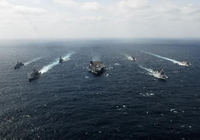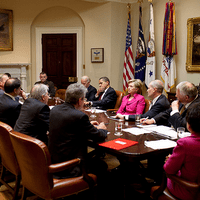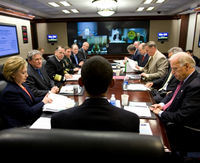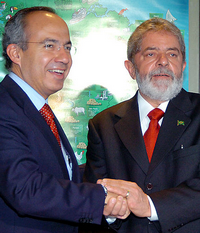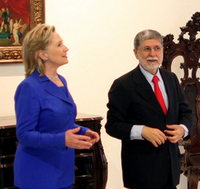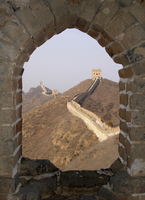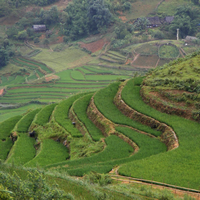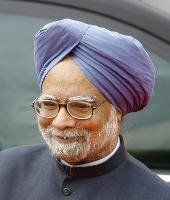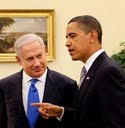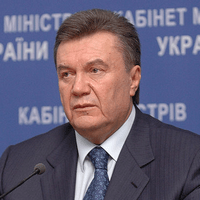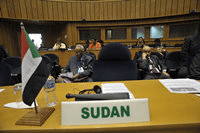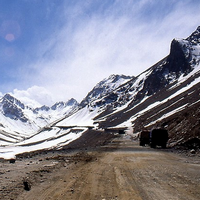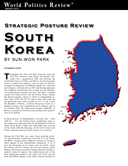
Despite genuine efforts at engaging Tehran, such as the Nowruz greetings issued by President Barack Obama this past Saturday and a similar Internet video released the previous year, the Obama administration has proven unable to resolve U.S. differences with the Iranian government over Iran’s nuclear program, regional security issues, or other disputes. Developments thus far do not portend any greater success this year. The decades of hostility and mistrust between Washington and Tehran made any bilateral reconciliation effort inevitably problematic. The unanticipated advent of a powerful mass movement in Iran seeking to change the regime’s policies — and, perhaps, the […]

